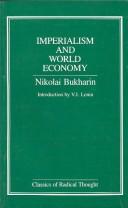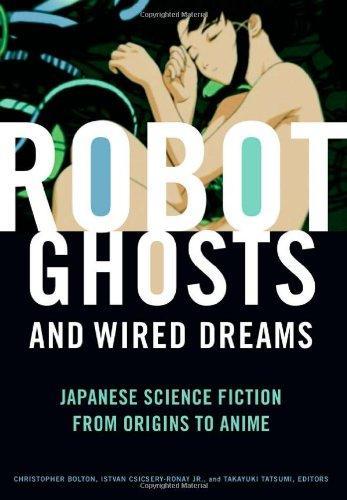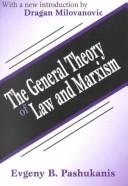50 or so pages in, I'm already thinking to myself that there's probably better, more up to date text somewhere that covers the same subject.
User Profile
I like everything about this place, even though I have never been here, and know nothing about the area x.com/f_de_felipe__
This link opens in a pop-up window
ishouldbestudying's books
To Read (View all 55)
Read (View all 20)
User Activity
RSS feed Back
ishouldbestudying wants to read Evolution of Agency by Michael Tomasello
ishouldbestudying wants to read Carthage must be destroyed by Richard Miles
ishouldbestudying wants to read The Order of Time by Carlo Rovelli

The Order of Time by Carlo Rovelli
Why do we remember the past and not the future? What does it mean for time to "flow"? Do we …
ishouldbestudying wants to read Weavers, Scribes, and Kings by Amanda H. Podany
ishouldbestudying wants to read Botany : an introduction to plant biology by James D. Mauseth
ishouldbestudying wants to read Biology of plants by Peter H. Raven
ishouldbestudying wants to read El Eternauta by Francisco Solano Lopez (El Eternauta, #01)

El Eternauta by Francisco Solano Lopez, Héctor Germán Oesterheld (El Eternauta, #01)
El Eternauta, la historieta más importante de la Argentina y el mayor relato de ciencia-ficción escrito en América latina, apareció …
ishouldbestudying wants to read Drawing the Head and Hands by Andrew Loomis

Drawing the Head and Hands by Andrew Loomis
The illustrator Andrew Loomis (1892-1959) is revered amongst artists - including the great American painter Norman Rockwell and comics superstar …
ishouldbestudying wants to read Stalin and the Scientists by Simon Ings

Stalin and the Scientists by Simon Ings
"One of the finest, most gripping surveys of the history of Russian science in the twentieth century.” —Douglas Smith, author …
ishouldbestudying wants to read Is a River Alive? by Robert Macfarlane
ishouldbestudying wants to read Imperialism and world economy by Nikolai Bukharin (Modern reader, PB-290)













